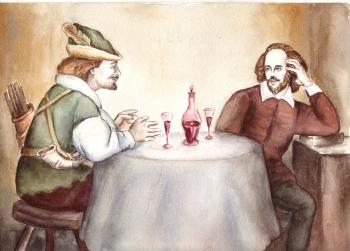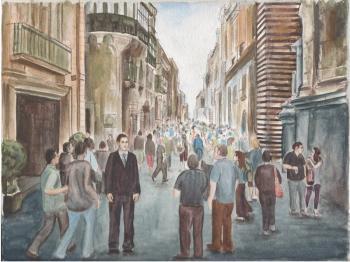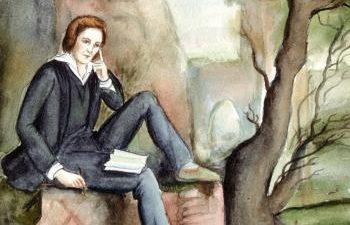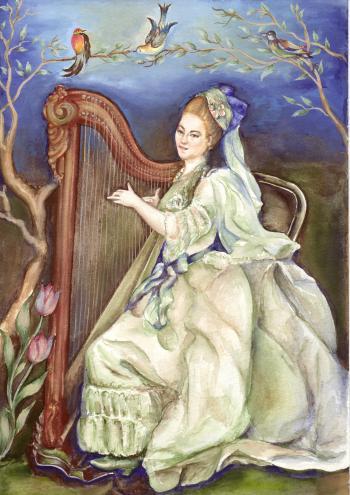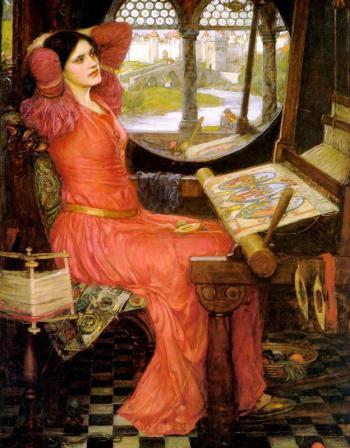The Mermaid Tavern
Souls of Poets dead and gone, What Elysium have ye known, Happy field or mossy cavern, Choicer than the Mermaid Tavern? Have ye tippled drink more fine Than mine host’s Canary wine? Or are fruits of Paradise Sweeter than those dainty pies Of venison? O generous food! Dressed as though bold Robin Hood Would, with his maid Marian, Sup and bowse from horn and can.
I have heard that on a day Mine host’s sign-board flew away, Nobody knew whither, till An astrologer’s old quill To a sheepskin gave the story, Said he saw you in your glory, Underneath a new old-sign Sipping beverage divine, And pledging with contented smack The Mermaid in the Zodiac.
Souls of Poets dead and gone, What Elysium have ye known, Happy field or mossy cavern, Choicer than the Mermaid Tavern?

